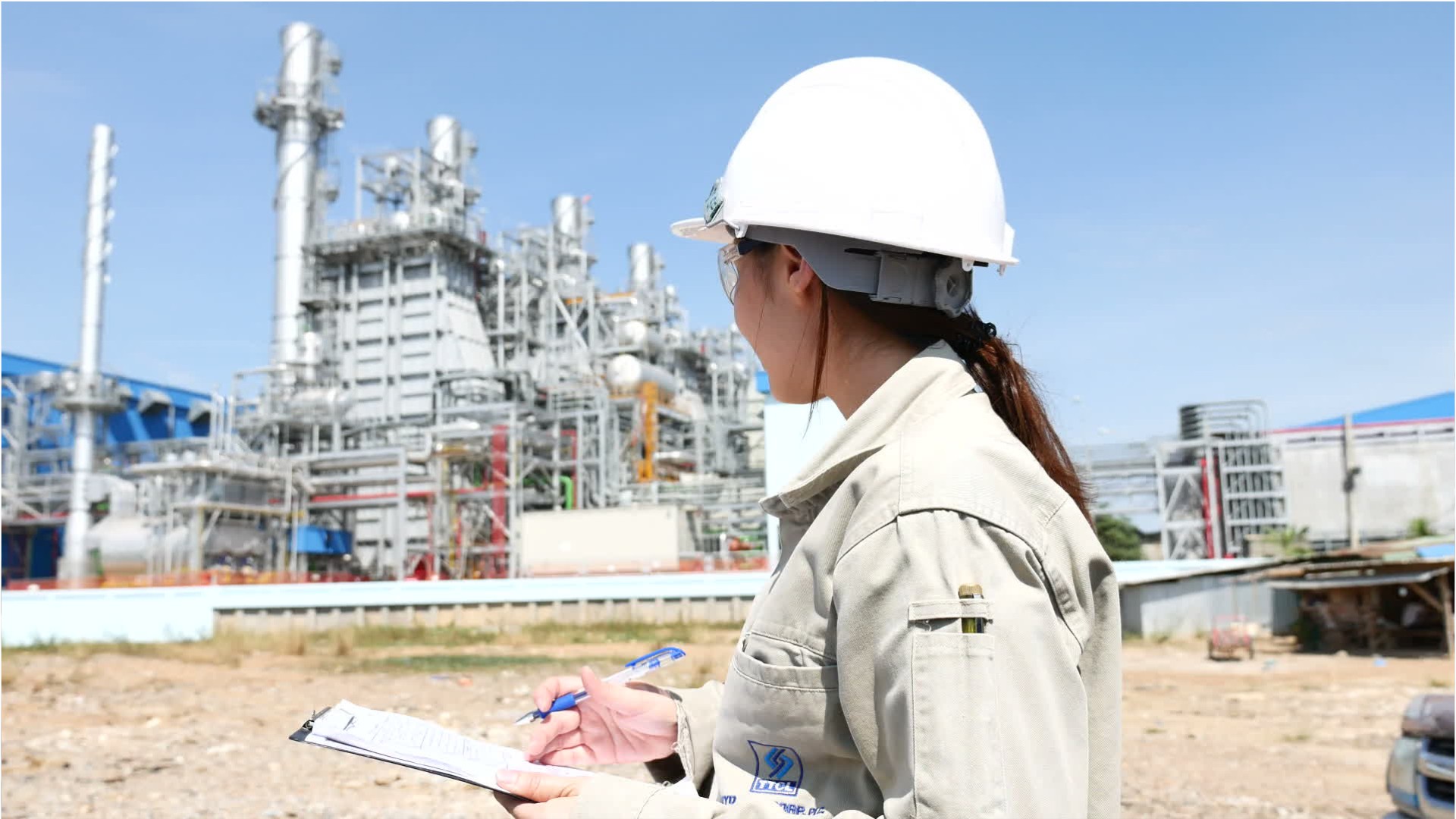Petroleum Engineers
Drilling Engineer, Engineer, Petroleum Engineer, Reservoir Engineer
What they do:
Devise methods to improve oil and gas extraction and production and determine the need for new or modified tool designs. Oversee drilling and offer technical advice.
On the job, you would:
- Specify and supervise well modification and stimulation programs to maximize oil and gas recovery.
- Monitor production rates, and plan rework processes to improve production.
- Maintain records of drilling and production operations.
Knowledge
Engineering and Technology
- product and service development
- computers and electronics
Math and Science
- arithmetic, algebra, geometry, calculus, or statistics
- physics
Business
- management
- accounting and economics
Arts and Humanities
- English language
Skills
Basic Skills
- reading work related information
- thinking about the pros and cons of different ways to solve a problem
People and Technology Systems
- figuring out how a system should work and how changes in the future will affect it
- measuring how well a system is working and how to improve it
Problem Solving
- noticing a problem and figuring out the best way to solve it
Abilities
Verbal
- communicate by speaking
- communicate by writing
Ideas and Logic
- make general rules or come up with answers from lots of detailed information
- notice when problems happen
Math
- choose the right type of math to solve a problem
- add, subtract, multiply, or divide
Attention
- pay attention to something without being distracted
Personality
People interested in this work like activities that include practical, hands-on problems and solutions.
They do well at jobs that need:
- Innovation
- Perseverance
- Achievement Orientation
- Intellectual Curiosity
- Cautiousness
- Integrity
Technology
You might use software like this on the job:
Analytical or scientific software
- Google Analytics
- The MathWorks MATLAB
Presentation software
- Microsoft PowerPoint
Object or component oriented development software
- C#
- Oracle Java
Education
Education: (rated 4 of 5)
bachelor's degree or
certificate after master's
usually needed
certificate after master's
usually needed
Job Outlook
Below Average
New job opportunities are less likely in the future.
Explore More
- Chemical Engineers
- Geothermal Production Managers
- Industrial Engineers
- Mining & Geological Engineers, Including Mining Safety Engineers
- Water/Wastewater Engineers
You might like a career in one of these industries:
See more details at O*NET OnLine about Petroleum Engineers.






